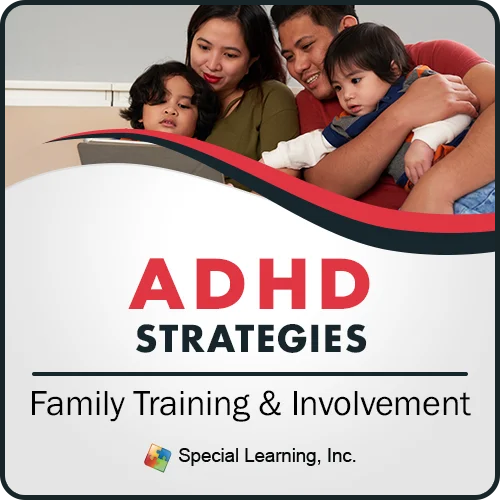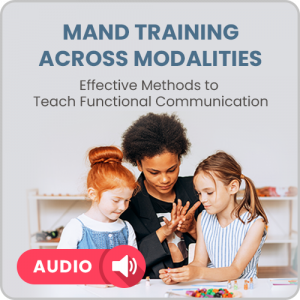The Benefits of Hippotherapy for the Autistic Population
Autism Spectrum Disorders (ASD) is a developmental disorder that affects the development of the brain. Individuals with Autism tend to have difficulties with verbal and non-verbal communication, sensory processing, and understanding or reading social cues. Some children may have difficulty concentrating on tasks, making and maintaining eye contact, completing basic skills such as eating, dressing, brushing their teeth, or bathing.
When a child is diagnosed with autism, they are often referred to receive behavior analytic interventions, speech therapy, occupational therapy, and physical therapy. However, Hippotherapy has been making waves as a treatment tool to help individuals accomplish therapeutic objectives.
Autism Hippotherapy has been shown to improve one’s balance, strength, and motor coordination. It has also been proven to be effective in promoting language, sensory regulation as well as improving social skills as students often form an emotional bond with the horses they ride on. This then motivates children to perform skill-building tasks.
A study conducted by Bass, Duchowny, and Llabre in 2009, showed that children who rode horses as therapy showed improvements in several social skills after 12 weeks of therapy. The researchers found that the children became more socially motivated and improved in sensory seeking and sensitivity. Most children with autism are unable to integrate their senses and understand how their bodies relate to the external world. Hippotherapy is a great way to help a child gain a sense of body awareness while improving sensory integration.
Some other benefits of Hippotherapy with the autistic population include:
• Relaxing tight muscles
• Building muscle strength
• Improving fine motor coordination
• Sharpening hand/eye coordination
• Improvements in Posture & Flexibility
• Improving Communication (improving one’s ability to breathe makes it easier for a person to speak)
• Gaining self-control
• Gaining self-confidence
• Improving concentration
• Improving concentration (especially for those who have difficulty staying on task with activities)
• Improving socialization (Aspen, 2011)
Some may wonder how hippotherapy can be used to encourage speech in a child; however during a typical session the rider is motivated to communicate with both the therapist and the horse. It has been noted that non-verbal autistic children suddenly begin to speak when they are prompted to use the horse’s name or are asked to get the horse moving.
Equine therapy gives children with autism a sense of themselves and their bodies while increasing their contact and interaction with the surrounding world. A child’s self-confidence will increase once they have formed a sense of competence by learning how to interact and work with their horse. It should be noted that hippotherapy is not only a therapeutic program for the autistic population but has multiple benefits for children, adolescents, and adults who suffer from other intellectual or developmental disabilities.
References:
Aspen. (2011). Aspen education group. Retrieved from http://aspeneducation.crchealth.com/articles/article-equine-aspergers-autism/
Bass, Duchowny, & Llabre, (2009). The effect of therapeutic horseback riding on social functioning in children with autism. Retrieved from http://autism.healingthresholds.com/research/effect-therapeutic-horseback-riding-social-functioning-children-autism
Equine therapy: Animal-assisted therapy. (2011). Retrieved from http://www.equine-therapy-programs.com/therapy.html
Equine therapy for children with Asperger’s. (2012). Retrieved from http://www.equine-therapy-programs.com/aspergers.html
Ultimate Autism Guide. (2012). Research for therapeutic horseback riding for autism. Retrieved from http://ultimateautismguide.com/2012/01/autism-research-prospective-trial-of-equine-assisted-activities-in-autism-spectrum-disorder/
Zane, D. T. (2010, October 19). Operation autism. Retrieved from http://www.operationautismonline.org/blog/a-review-of-the-effectiveness-of-therapeutic-horseback-riding/
Copyright © by Special Learning Inc. All right reserved.
No part of this article may be reproduced in any manner whatsoever without written permission except in the case of brief quotations embodied in critical articles and reviews. For information, contact Special Learning Inc., at: contact@special-learning.com












